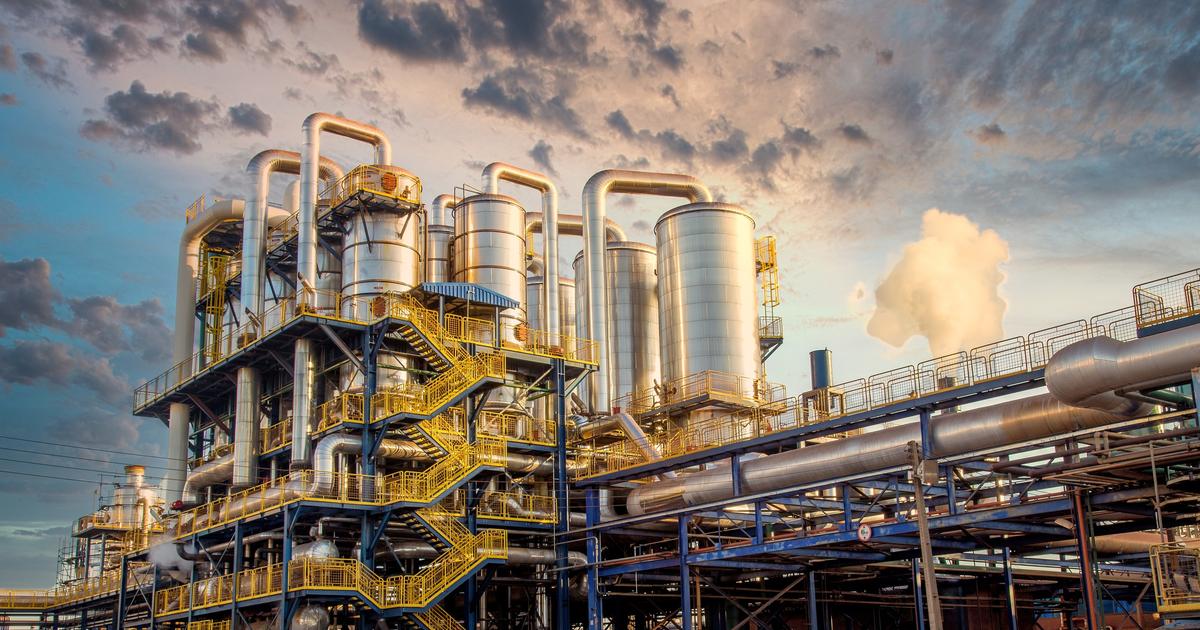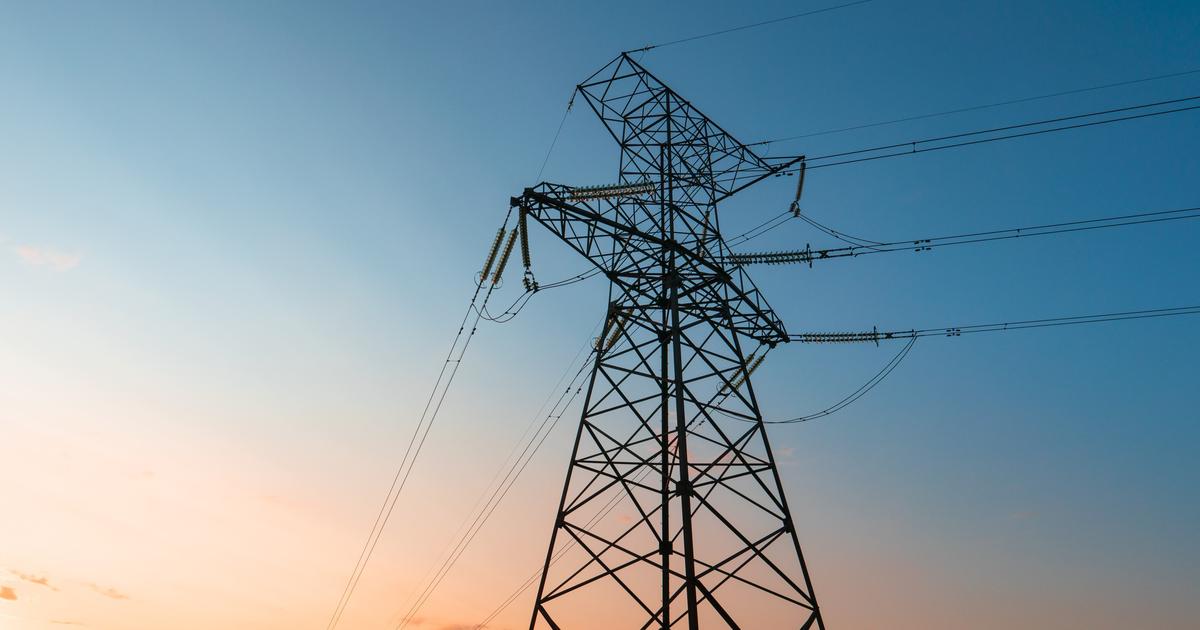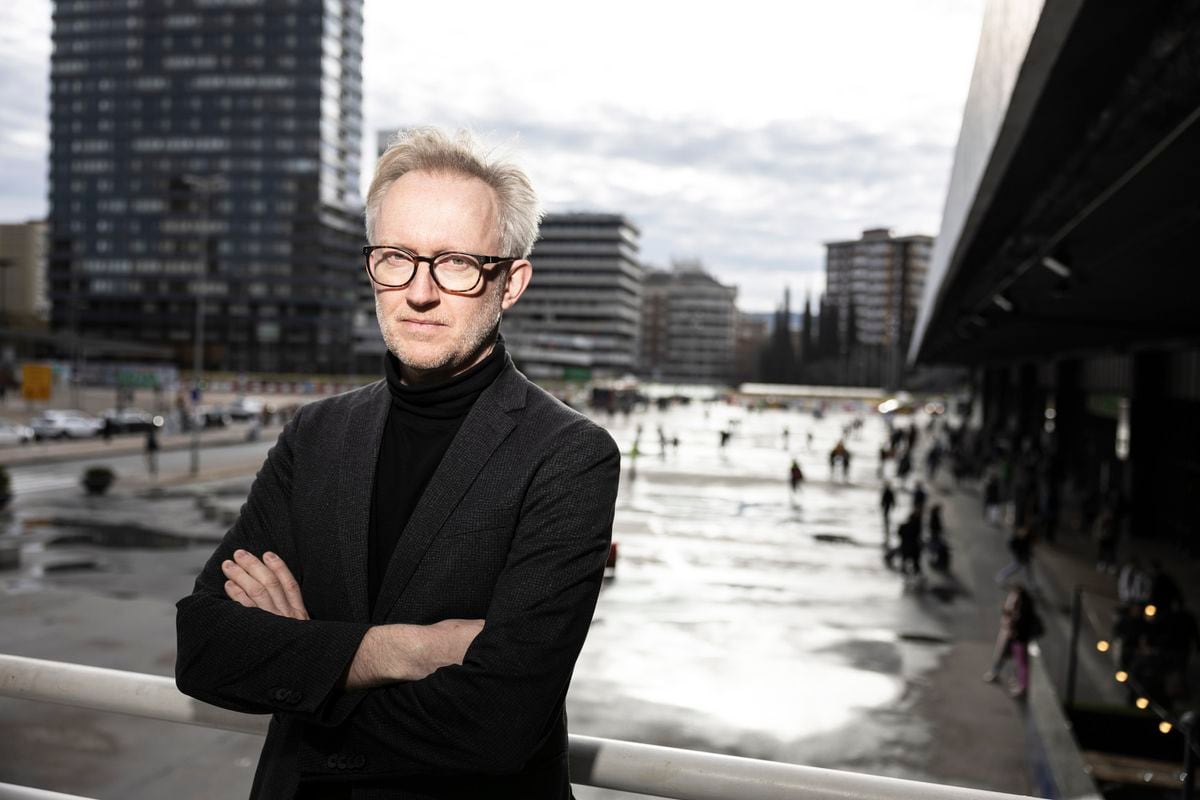The European Commission presented its major environmental project: twelve texts to reduce the continent's greenhouse gas emissions by 55% by 2030 compared to 1990. Measures which will be the subject of at least one year of fierce discussions between MEPs and Member States.
End of gasoline cars, kerosene tax on air transport, taxation of imports, reform of the carbon market at the risk of increasing the price of fuels ... Brussels on Wednesday unveiled a legislative "big bang" to achieve the Union's climate objectives European.
To read also Nicolas Hulot: "We have already lost the climate fight"
"Europe is the very first continent to present a complete green architecture: we have the goal, and now the roadmap to reach it", declared Ursula von der Leyen, President of the Commission, at a press conference.
Risk of "distortion of competition" with the rest of the world
If the social consequences of certain proposals worry after the movement of "yellow vests" in France, she endeavored to reassure: "Our plan combines the reduction of carbon emissions with measures to preserve nature and place employment and social equity at the heart of this green transformation ”, underlined the head of the European executive.
Apart from stopping the sale of petrol cars from 2035, the Commission proposes to tax kerosene for flights within the EU from 2023, while imposing a minimum rate of biofuels on them.
Air fuel has so far benefited from a full exemption.
What alarm the companies, which fear a "distortion of competition" with the rest of the world.
Brussels also wants to tax the most polluting imports.
The idea would be to subject EU imports in five highly polluting sectors to the same rules as for European production, by gradually requiring them to purchase carbon “emission certificates”.
In these sectors (steel, aluminum, cement, fertilizer, electricity), this adjustment mechanism will be gradually implemented between 2026 and 2036.
Discourage relocations
This measure would thus make it possible to eliminate all “unfair” foreign competition and to dissuade relocations.
For the Commission, this is a “border adjustment” and not a tax, to counter the accusation of protectionism.
The receipts will feed the European budget.
But the most ambitious project is to reform the emissions trading system (ETS).
Until now, certain sectors (electricity, steel, cement, intra-EU aviation) were offered free emission allowances, which companies could resell.
Brussels wants to drastically restrict this number of "permits to pollute", while extending this system to other sectors, such as maritime and road transport or the heating of buildings on a "second carbon market" in 2026.
For the sake of balance, the free allowances distributed to EU manufacturers and airlines to face foreign competition would very gradually decrease, between 2026 and 2036, before disappearing.
“It's a historic climate package.
The price of CO² will automatically rise to a level having a major impact on the economic models of industries ”, which will have an interest in adopting clean technologies, estimates Pascal Canfin, president (Renew, liberals) of the Environment committee in the European Parliament.
Household bills will increase
In practice, this would amount to forcing fuel or heating oil suppliers to buy emission allowances at the price of CO2, mechanically passing on this additional cost to household bills.
Environmental NGOs and MEPs of all stripes are fiercely opposed, fearing social movements: "It is a risk of yellow vests and red hats combined (...) for a very low climate gain", according to Pascal Canfin.
By reaching the most vulnerable, tenants of poorly insulated housing or inhabitants of the countryside, "the Commission seems to forget that it is the middle classes that will bear the brunt of it," says MEP Agnès Evren (EPP, right).
"Buildings account for 40% of energy consumption, and road transport emissions continue to swell, the trend must be reversed at all costs, in a fair and social way," Ms. von der Leyen defended. .
In addition, the Commission promises a “social action mechanism”, a fund supplied by the revenues of the “second ETS” and evaluated by a European source at 70 billion euros over ten years to counter fuel poverty.
"Ecology and the economy must not be opposed, it is crucial to consider the social dimension (...) and to refuse a creeping deindustrialisation of the EU", thunders the MEP (EPP) Manfred Weber.














/cloudfront-eu-central-1.images.arcpublishing.com/prisa/IGZ7GOCXZ5GUPAQ2HWGK6Z76BU.jpg)